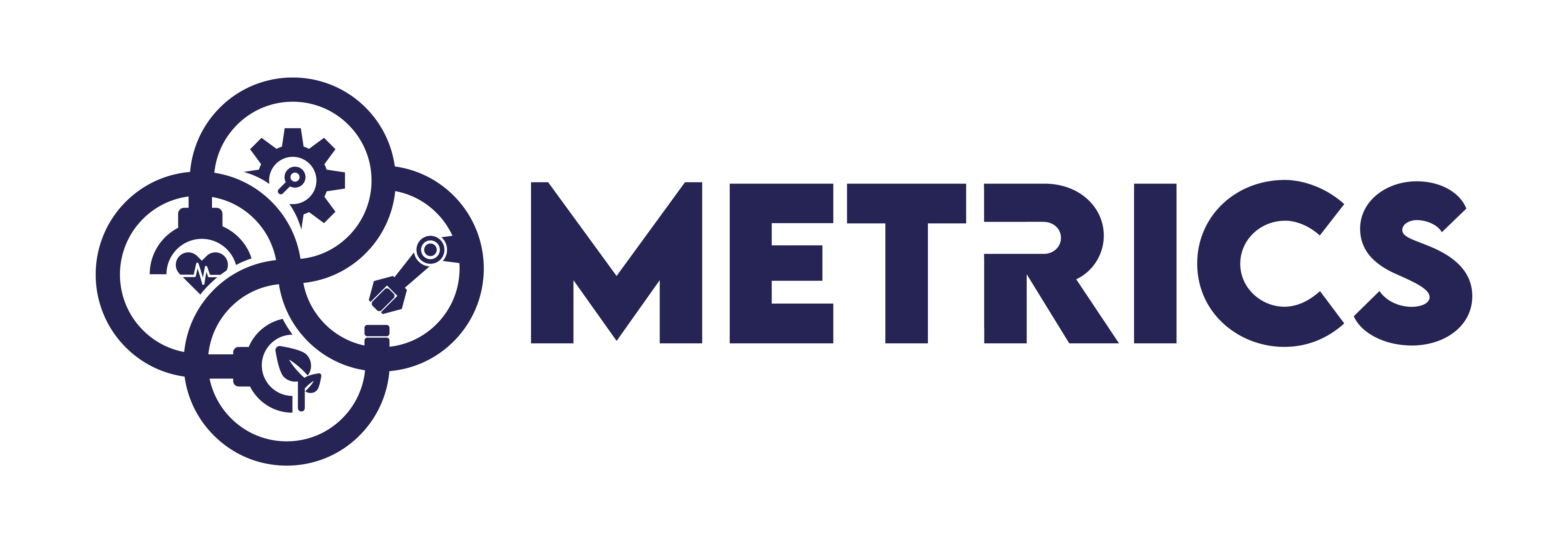2020 ACRE dry-run Field Campaign
ACRE brings the idea of benchmarking competition to the applications of robotics in agriculture. Among these, ACRE devotes particular attention to autonomous weeding: in fact, by providing an alternative to the massive use of chemical products, weeding robots have the potential to bring environmental, societal, and economic benefit to Europe and worldwide in general.
The dry-run ACRE campaign had multiple objectives, i.e.: testing the environment, setup and execution of the benchmarks, identifying possible issues; collecting data to be used for subsequent activities of ACRE (such as cascade campaigns); validating the evaluation plan; establishing contacts with stakeholders to raise interest towards ACRE; promote the competition to possible participants and collect feedback on the ACRE benchmarks and methodology.
An announcement of the dry-run campaign 2020 has been presented at the online ACRE workshop the October 17th. It has been co-located in space and time with one of the field events of ROSE challenge, taking place at INRAE’s facility in Montoldre (France). Such co-location was expected to help bootstrap ACRE by possibly involving already established ROSE teams and ensure the availability of datasets by leveraging ROSE teams’ existing robots to collect them.
The unfortunate situation in Europe caused by the ongoing pandemic and the consequent emergency regulations had an impact on the METRICS activities and timeline of the ACRE competitions. In particular, the first event, the ACRE dry-run field campaign associated with ROSE second evaluation campaign, which had to take place in June 2020, has been postponed in October 2020 from 12 to 23 October.
In this situation, for this ACRE dry run event, only three Functionality Benchmark (FBM) and one Task Benchmark (TBM) were considered in parallel with the ROSE challenge second evaluation campaign:
- The Plant discrimination FBM
- The Weed destruction FBM
- The Field navigation FBM
- The intra-row weeding TBM
The main goal of the two first FBMs and TBM was to approach the method to obtain a dataset for the dry-run cascade campaign. The combinations of crops and weeds encountered of ROSE challenge, an association of the two crops, maize and bean, with the four types of weeds, ryegrass, mustard, matricaria and lamb’s quarter (chenopodium album), were considered.
The third FBM (Field Navigation), was specific experimentation about this METRICS ACRE dry-run evaluation and has been carried out on an independent plot of the INRAE experimental platform. This Field navigation FBM put in place with a maize experimental plot sown on September 18th with two maize sowing configurations had the first part with two areas of maize in a straight row and a second part with two areas of maize with a curve row to create a row shift.
Only one participant of the ROSE challenge, the SITIA company partner of the ROSEAU team with its Trektor platform was kind enough to participate in this specific field navigation investigation at the end of the second ROSE evaluation week, October 22nd, 2020.
Detailed information about ACRE Dry-run Field Evaluation Report:
More information:
First Field Campaign dry-run
Field Navigation FBM was executed by a participant team


